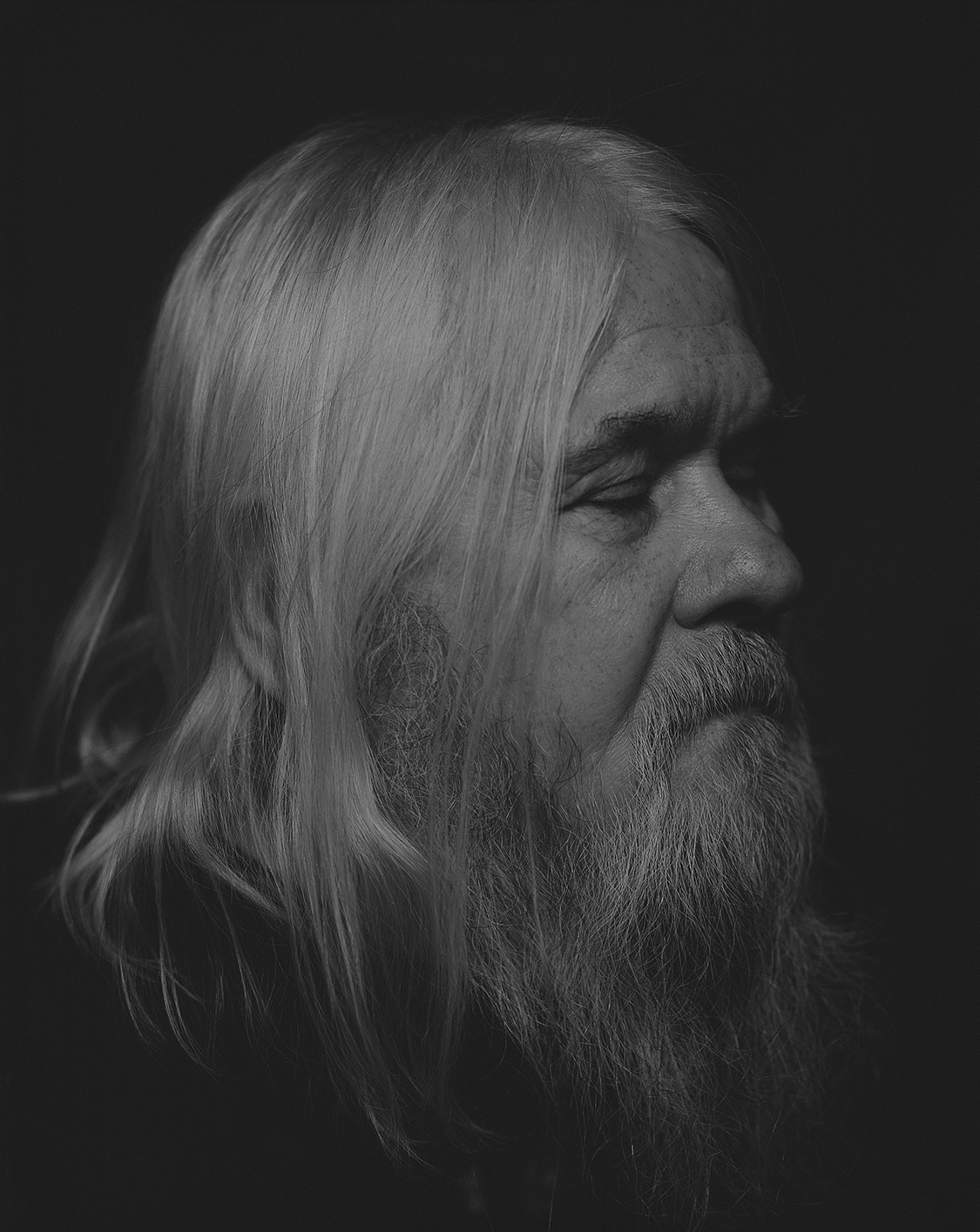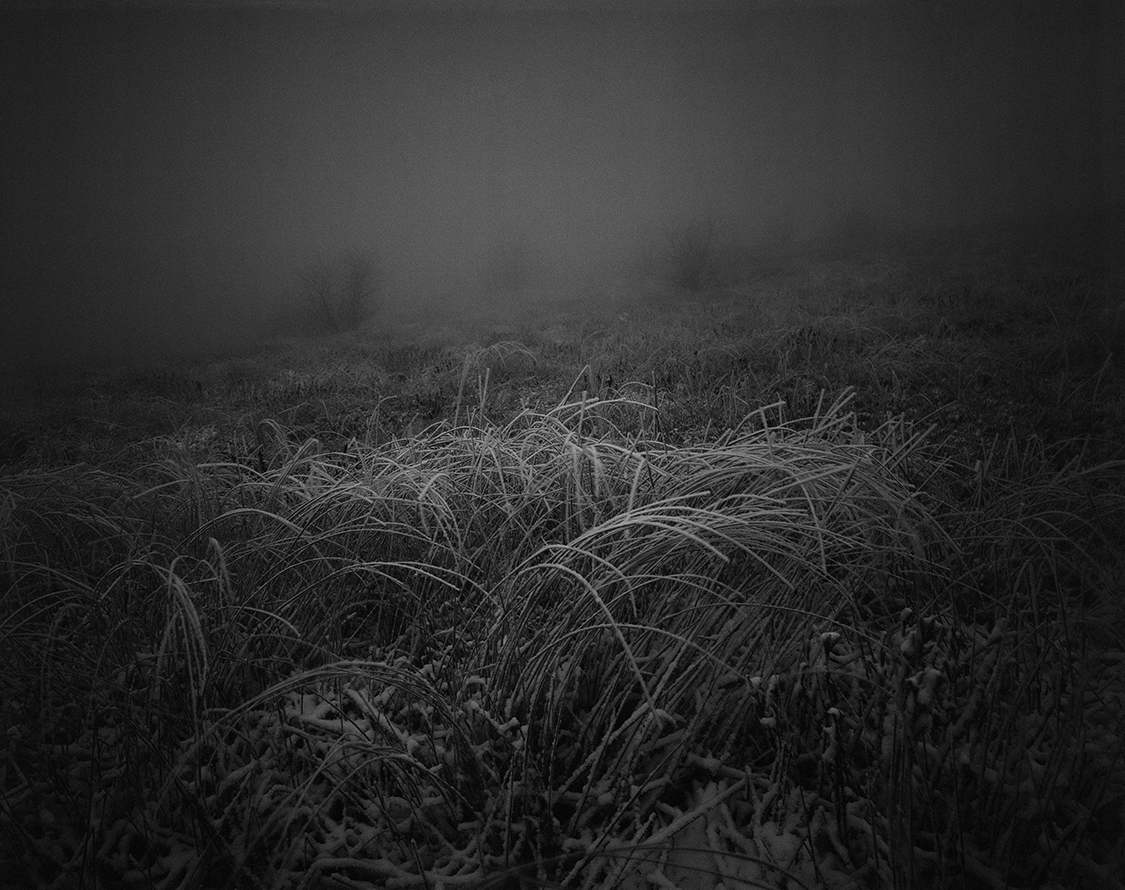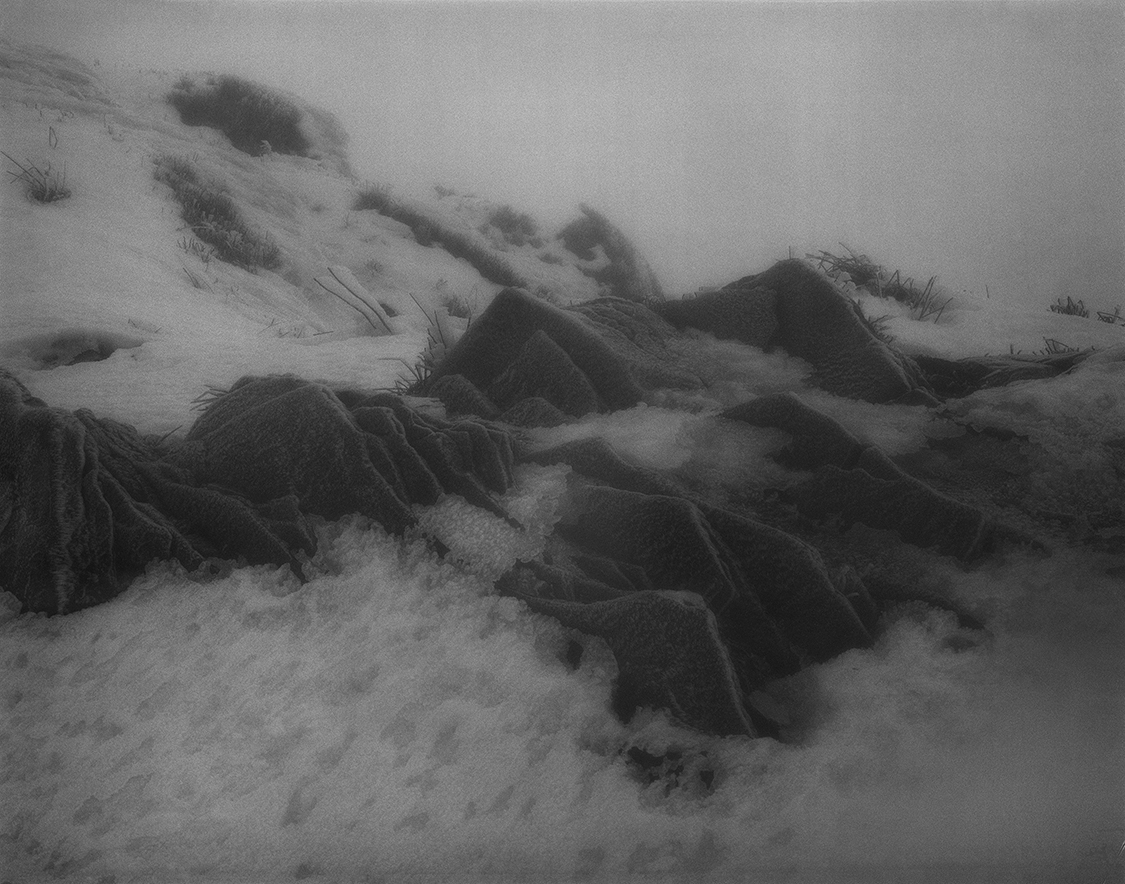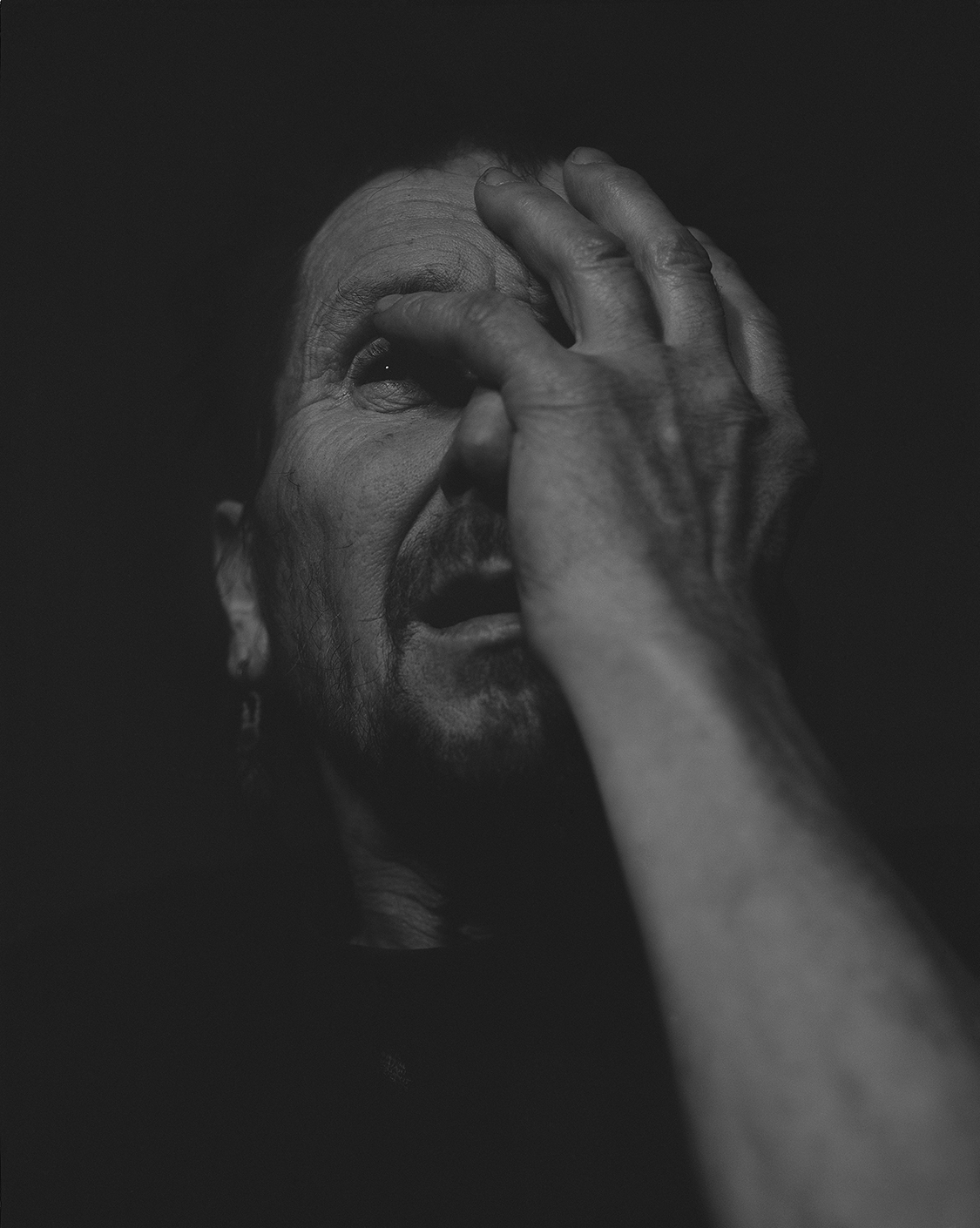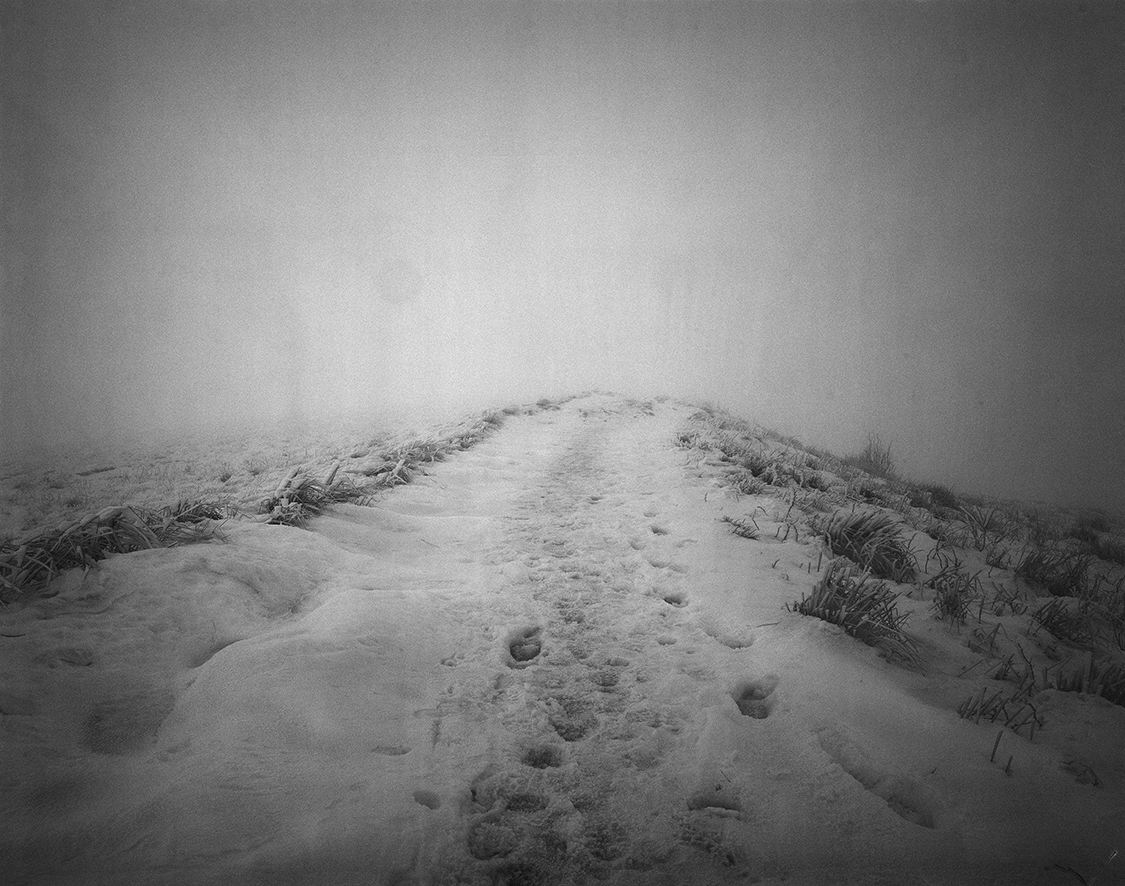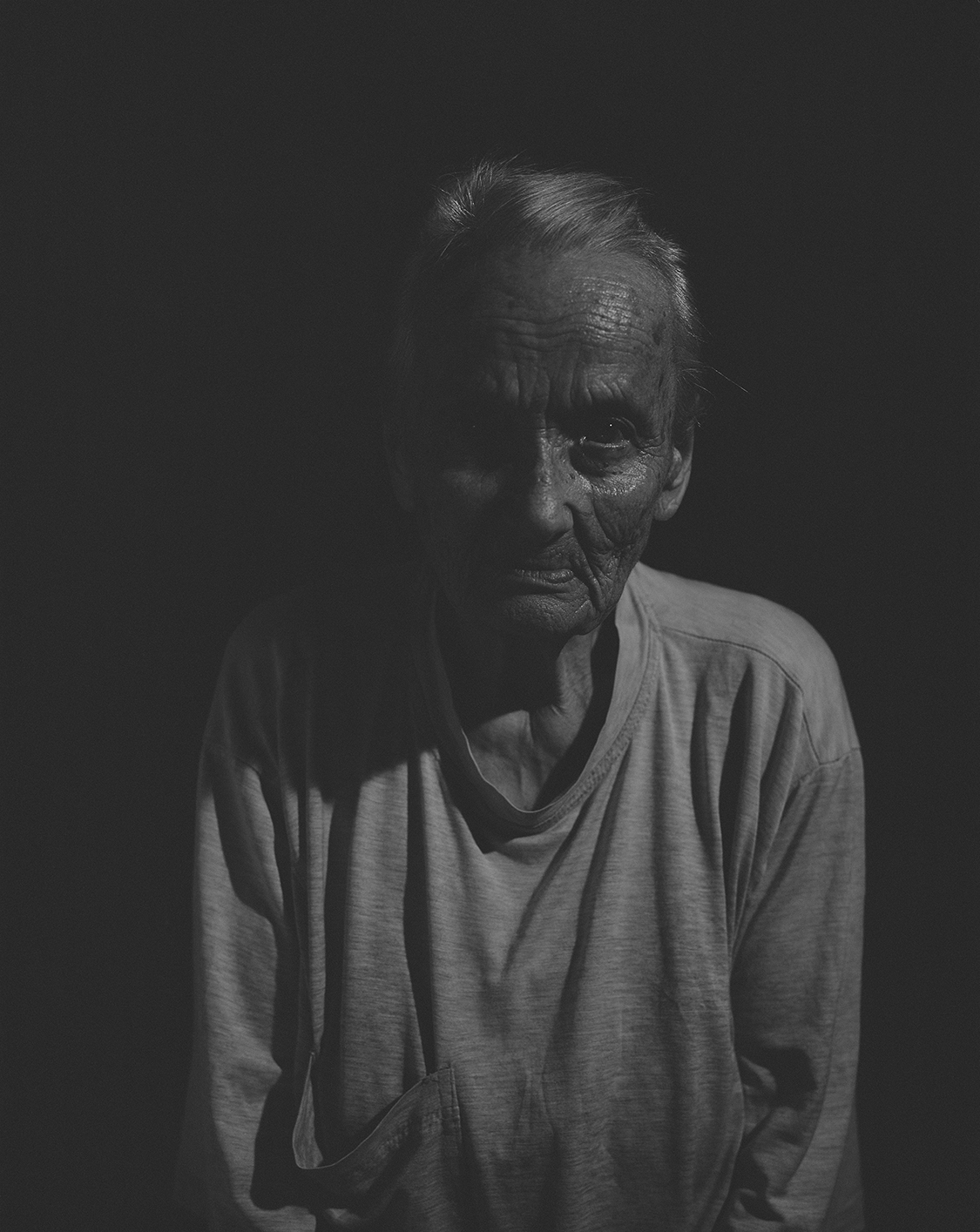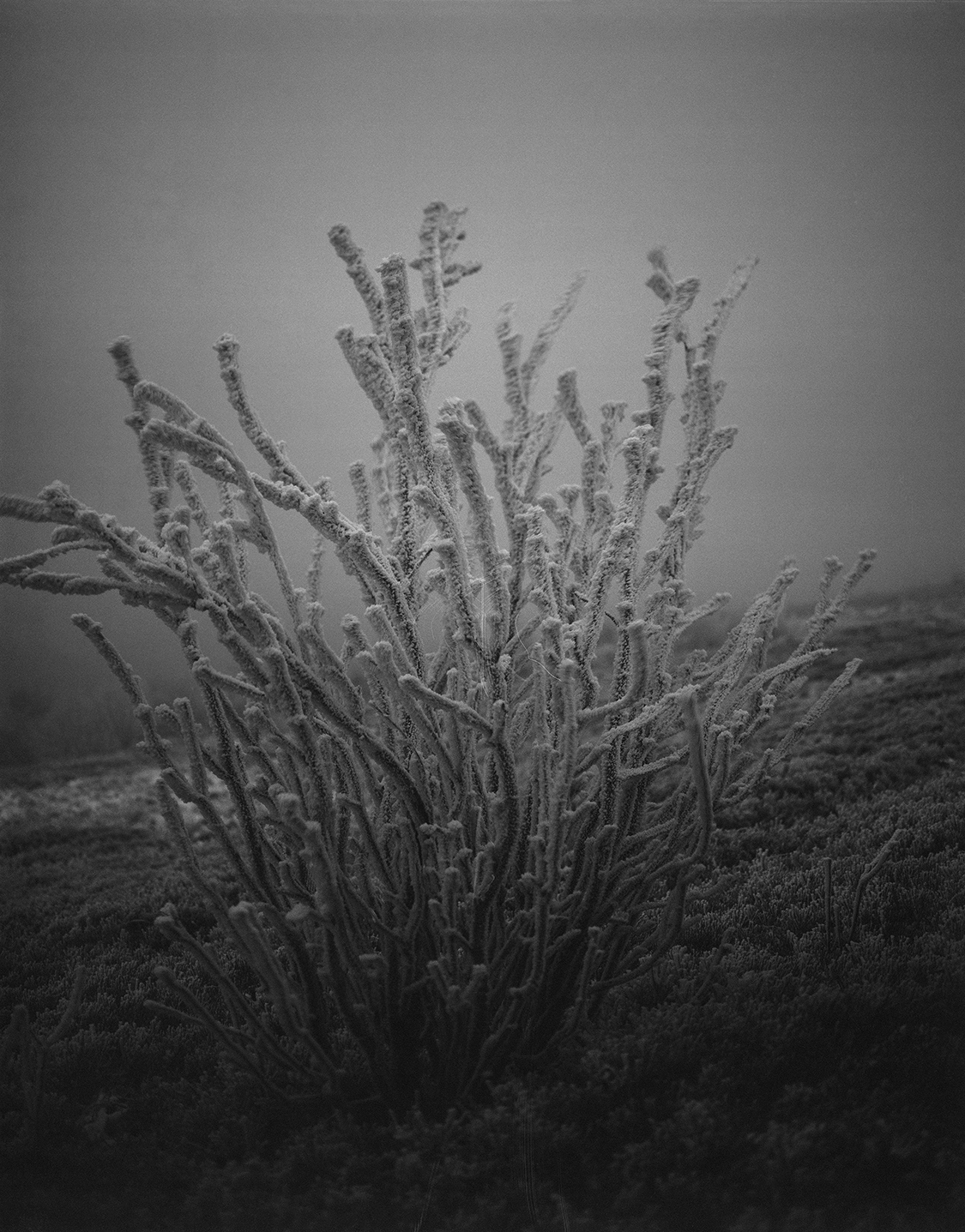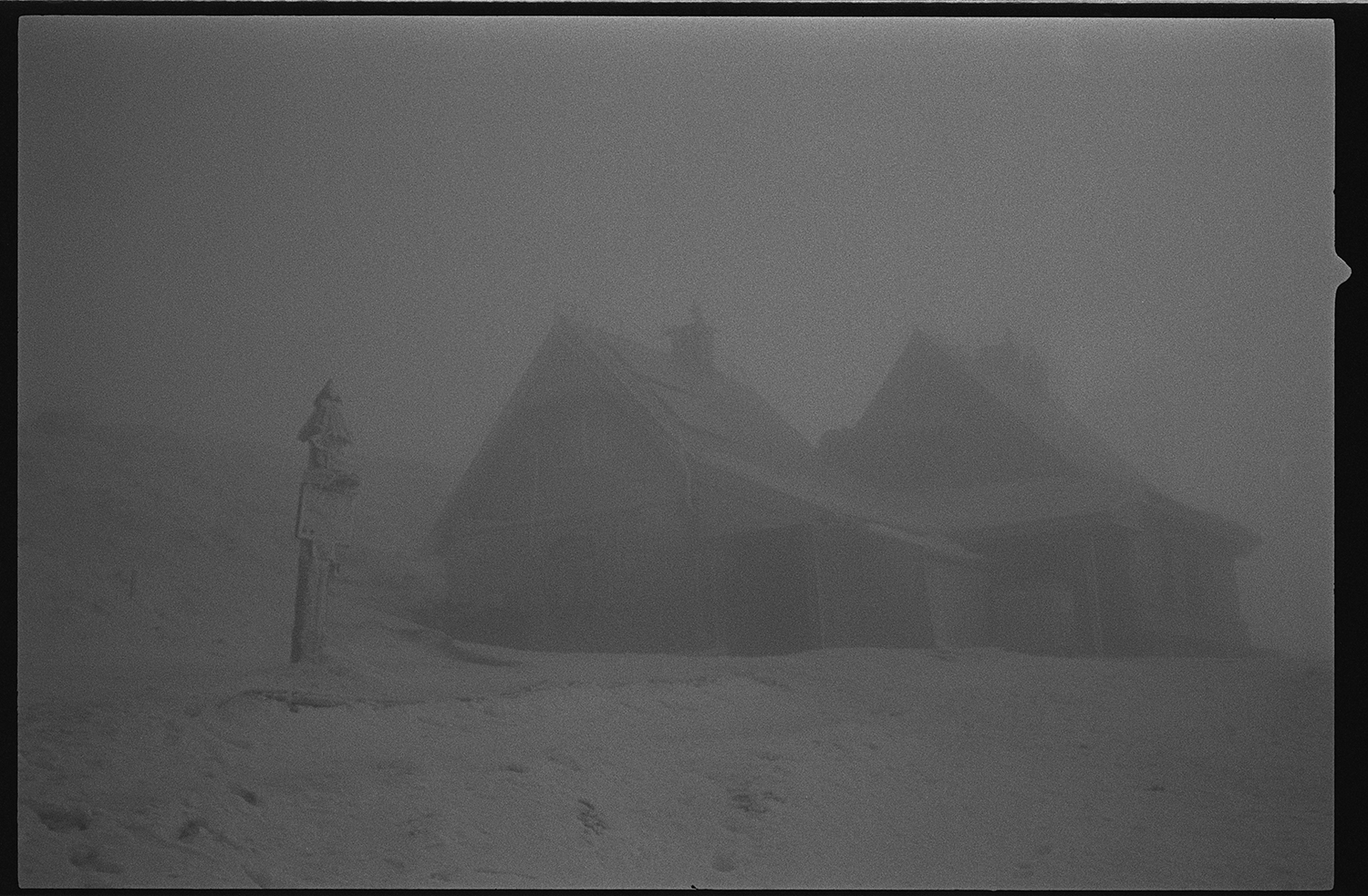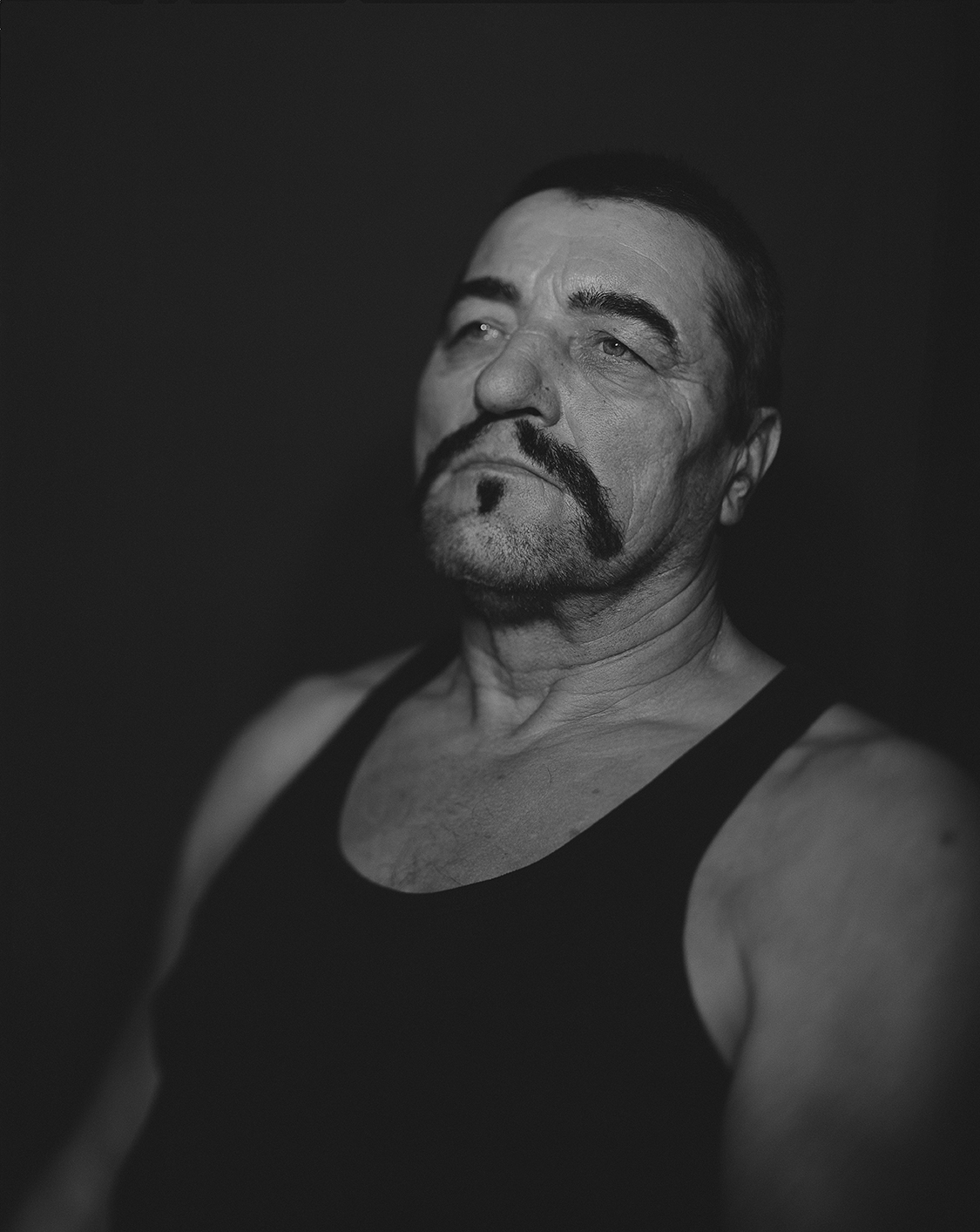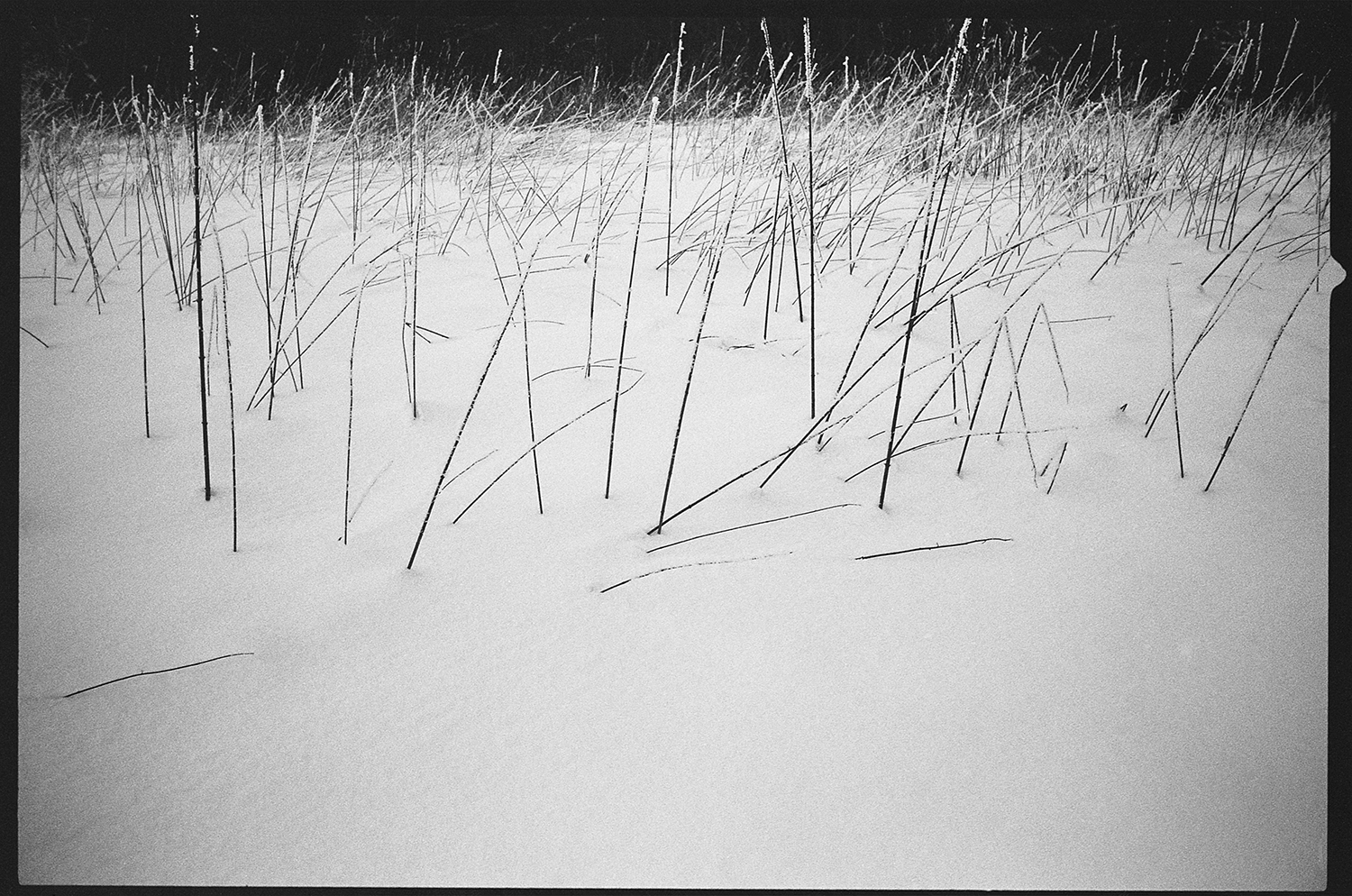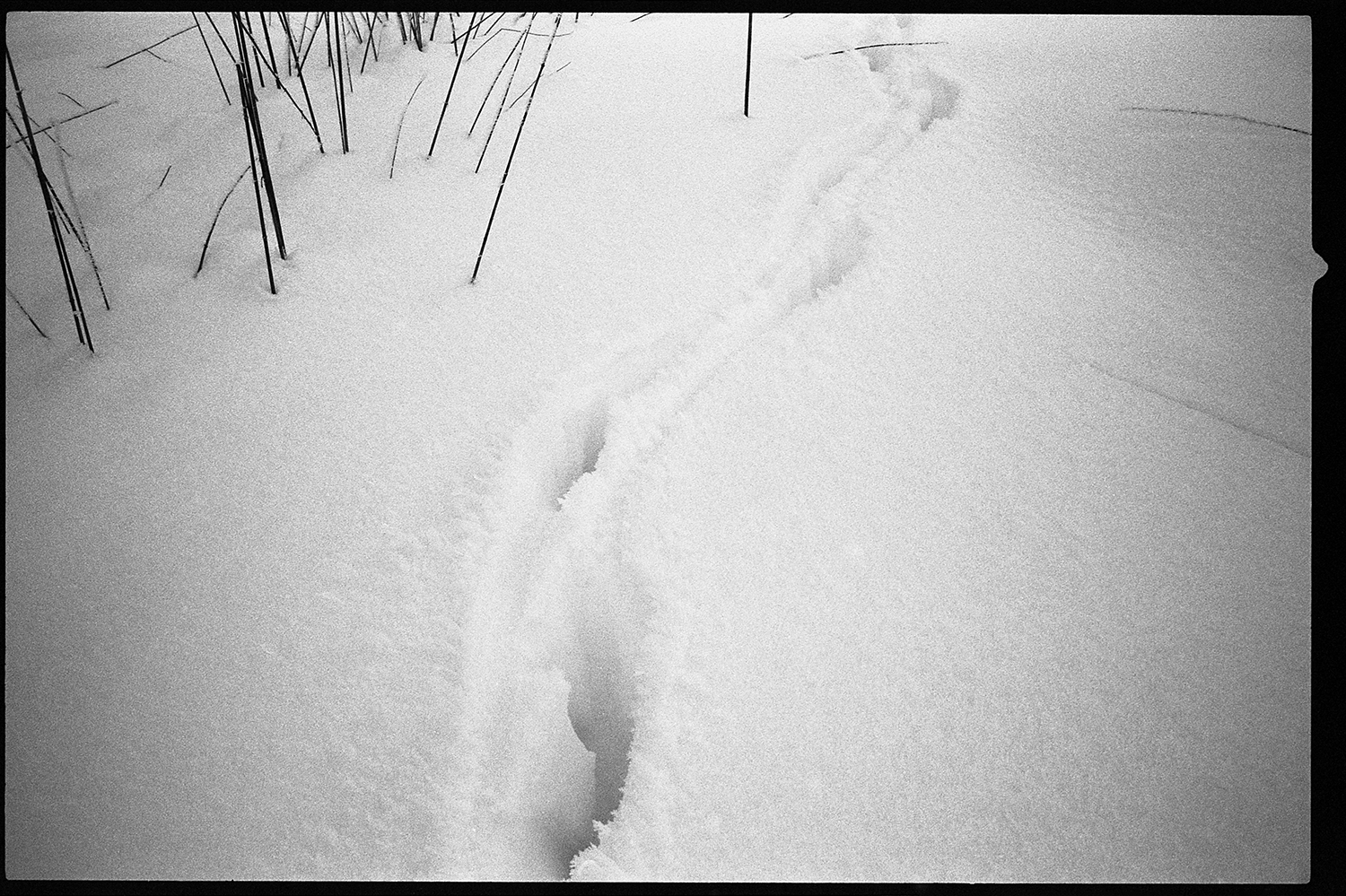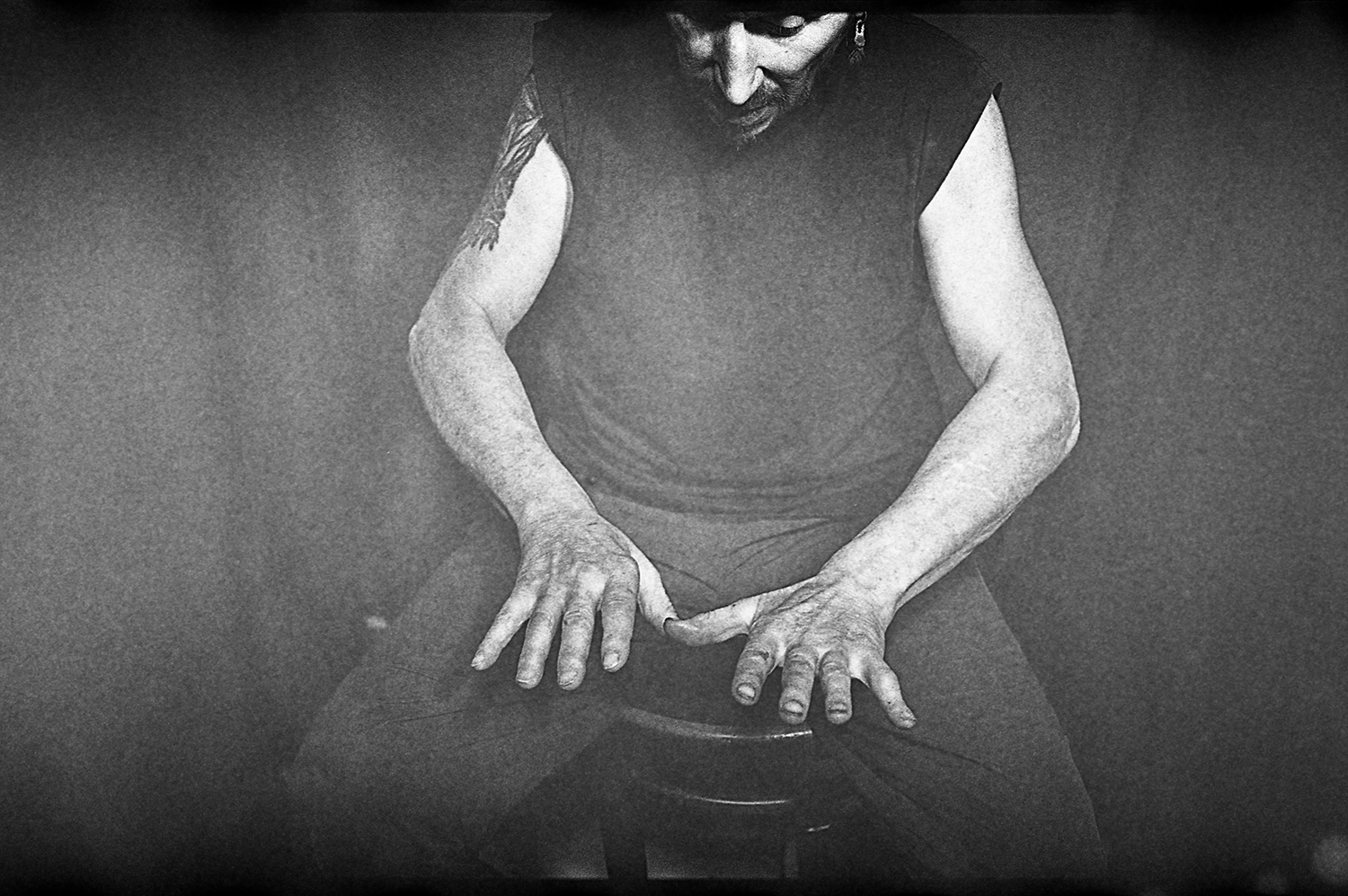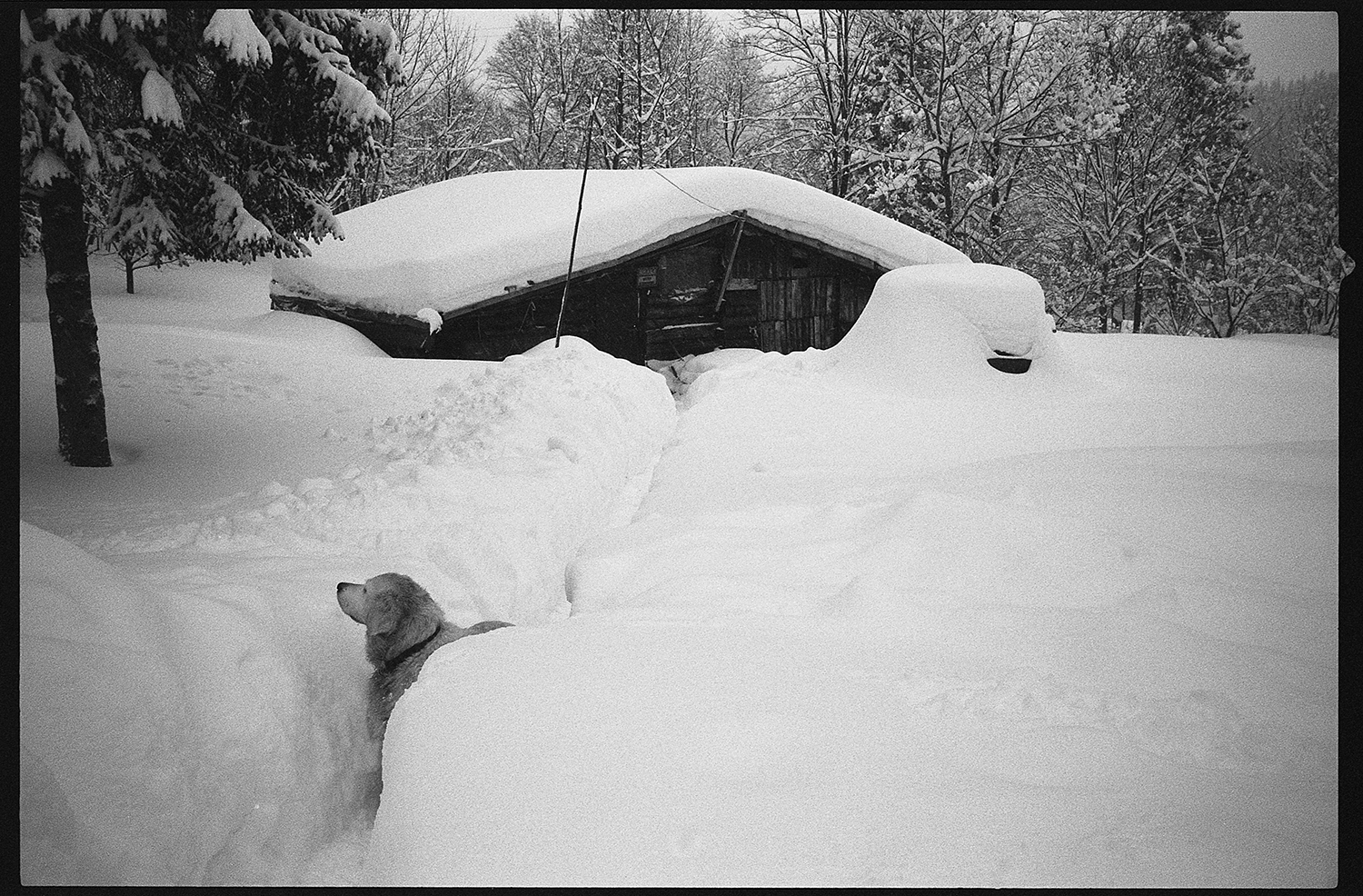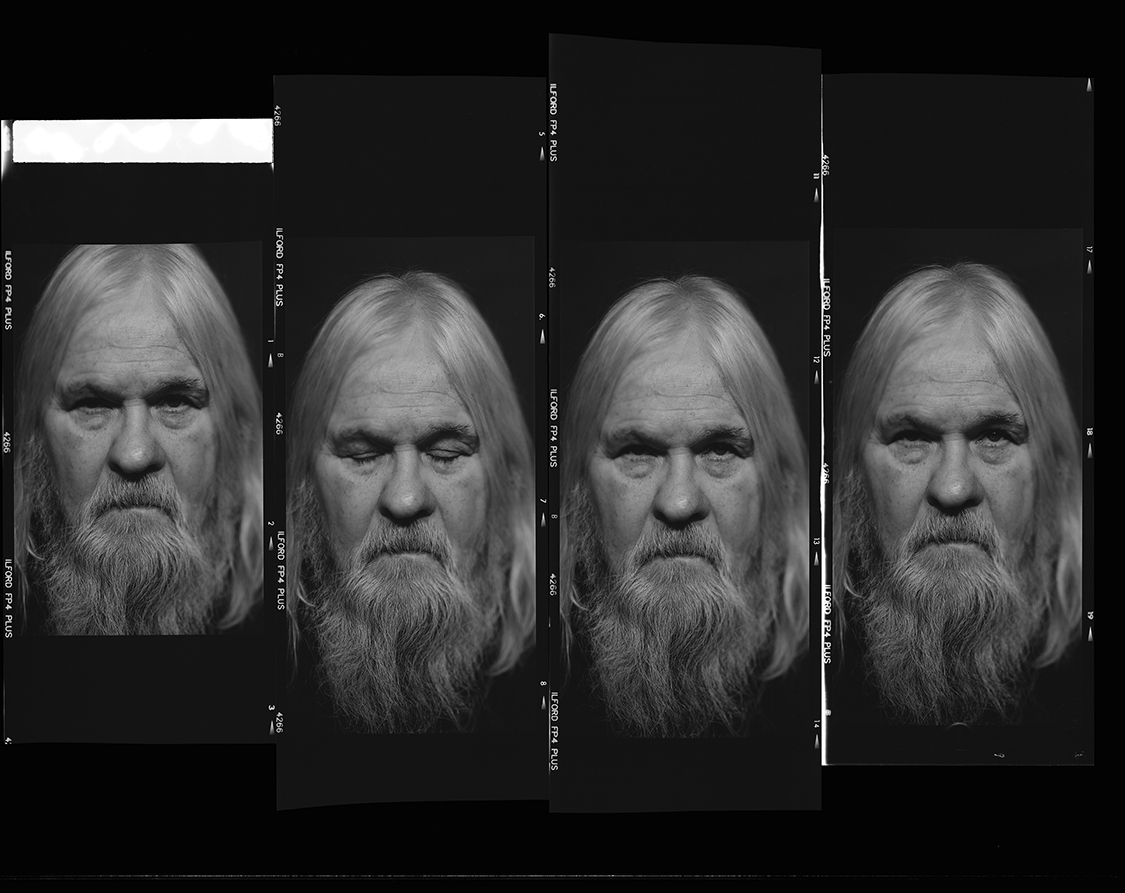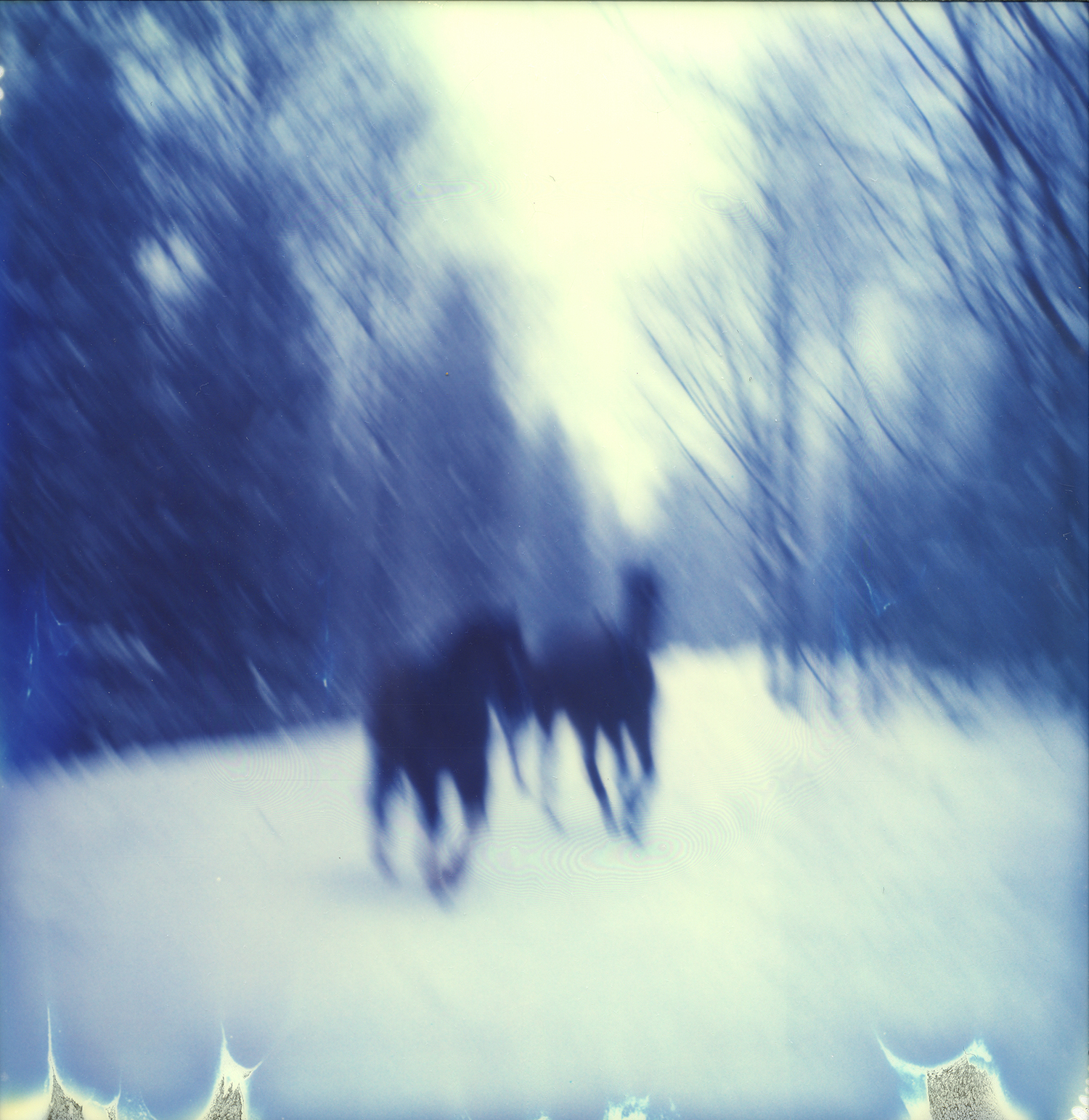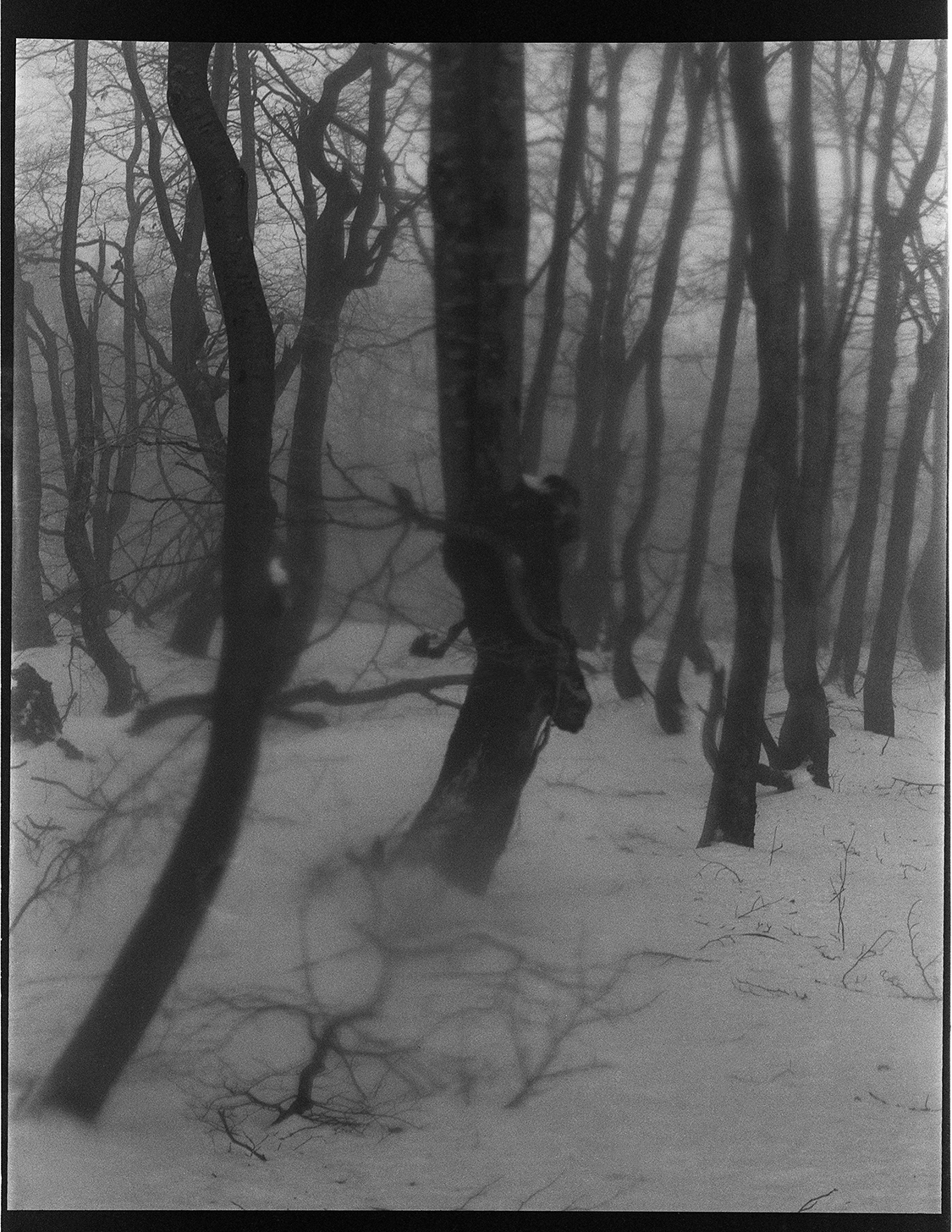Agata Grzybowska
9 Gates of No Return
- A photography series about loneliness and melancholy
- A series about the loneliness of a person and that of a photographer
- A series about the loneliness of another person, aimed at understanding it
In the 1950s Bieszczady became a mythical land of freedom, the perfect escape, because they were a vacuum. These mountains were an asylum, a distant shelter for outsiders, people of failure, fugitives and exiles, who chose them as the place where they can meet themselves, escape the suffocating life. The protagonists of my photographs arrived in Bieszczady during the 1950-80s. Each person came to these mountains for a slightly different reason and none have left since. They chose loneliness in the mountains, escaped their old lives and created a new “I” from scratch. The protagonists of my photographs are united by the motif of abandonment, resignation from something or someone. They have abandoned their old lives to be alone, a strange interpretation of the feeling of freedom. Freedom which is demanding but constructive. The people I meet and talk to have been confronted by nature, their hands have been damaged by physical labour. The rhythm of their day is completely different to the rhythm of the city. The city for them became the synonym of ease and boredom. These mountains are very demanding and require determination – they hold no place for weak people degraded by civilisation. My protagonists live in solitude, surrounded by mountains, often without electricity and running water. They relinquished civilisation. Civilisation gives us something but also takes something away. Freud said that civilisation is based on the relinquishment of instinct, Bauman added that in the postmodern world gains and losses have swapped places. Postmodern people have lost a part of their security in return for an increased chance or hope of happiness. What is loneliness? What are the consequences of abandoning one’s previous life? Why does one consciously opt for loneliness? Julia Kristeva wrote that those who are overtaken by melancholy can only write about it if their writing stems from melancholy itself. This is my reason for trailing the mountains to nd my protagonists. This is a photography series about loneliness. About the loneliness of me as a person and as a photographer. And about the loneliness of another person, aimed at understanding it.
Agata Grzybowska
Agata Grzybowska (b. 1984) photojournalist based in Warsaw. Graduated from the Direction of Photography at the Polish National Film, Television and Theatre School in Lodz. Since 2012 Grzybowska works as a photojournalist for the biggest newspaper in Poland „Gazeta Wyborcza”. She has co-founded photographic collective inPRO (inproduction.pl) focused on development of press photography and photojournalism. She received Young Poland 2017 – Polish Ministry of Culture grant for young artists. Since 2015 she has been working on her personal project about melancholy and loneliness/solitude „9 Gates of No Return”. The project will be closed with a book publish by BLOW UP PRESS, the publisher of „doc! Photo Magazine”. In March 2017 she realised, together with Bartek Wasik and Robert Migas, a project „Kocham Lublin Szanuje. Harmony of the city”. The project was commissioned by the Teatr Stary in Lublin on the occasion of the 700th anniversary of Lublin city. In 2015 her photography taken during „Black Thursday” in Kiev won The Picture of The Year 2015 at BZ WBK PRESS FOTO Competition. She also won the first prize for single picture in the category Events at the same competition. In 2013 she won second prize in the category Photocast, for her work "Kill the gay" at the Grand Press Photo Competition. The same year, together with writer Wojciech Karpieszuk, Grzybowska won the Obsverver Prize at Student Journalism Competition MediaTory. Her works have been nominated for many prestigious awards, including the Grand Press Photo (2014) and Amnesty International (2013). Grzybowska travels across the world depicting people in difficult, often life-threatening situations. She has worked in Syria, Uganda, India, Egypt, Romania, and the Ukraine. While working, her principle is to get as close as possible to the human being in the centre of the story. Her work has been showed at Royal Castle in Warsaw, courtyard President’s Palace, Wroclaw Contemporary Museum, European Solidarity Centre in Gdansk, The Wilson Shaft Gallery in Katowice, The Old Brewery in Poznan, The Galery FF - Forum Of Photography in Lodz, Romanian Cultural Institute in Bucharest.
